Inside our brains, there are many connections of billions of neurons that help process information. Much can be said about our powerhouse because of the many research done on it. And, more is being discovered about our brain and the effects of food on our brain. Scientist can now confirm how our experiences and mental growth is influence by the food we eat[3]. These food have that capability, because the ingredients in them, to influence the neurotransmitters in our cerebrum. Such foods are called brain foods.
As we age, the brain functions decrease as well. Much of the food we eat helps keep our brain healthy and active in the various stages of life. A diet low in nutrients can therefore cause memory loss and a number of other stresses, specifically cardio-vascular dysfunction, and free radical damages. (Free radical damages are mostly caused by the pesticides in our food, heavy metals, and chemicals in our home. Other things that can damage our brain are intestinal parasites, candida, and chemicals such as MSG).
Certain foods make a difference in our brain health. The building blocks of good brain health can be found in fatty acids (such as omega-3), amino acids (from proteins), glucose, and micro-nutrients such as antioxidants, vitamins and minerals. Some of them can be manufactured in our body, but most have to be supplied through the food we eat [4].
Popular Brain Foods
Here are 10 brain foods that can help us develop and maintain a healthy brain.
1. Fish
Fish, particularly cold-water oily fish such as salmon and herring, is known as the number one brain food. It provides a natural source of DHA (docosahexaenoic acid) and is one of the best protein choice as well. The DHA contains the omega-3 fatty acids. Thus, this food can help you powerhouse stay healthy and alert. It also helps protect against oxidative damage and inflammation. However, for some people it is not always possible to eat fish regularly and the fish oil supplements could certainly be an effective substitute.
Suggested recipes:
2. Flaxseed
Another source for the omega-3 (EPA) is flaxseed flakes. Just two tablespoon a day with your meals can help your keep your brain healthy. You can also opt for one tablespoon flaxseed oil to get your omega-3 fatty acid oil.
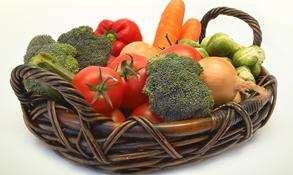
Suggest recipe:
3. Eggs
Eggs are the best source of choline for a healthy brain cell membranes. It is used to make acetylcholine, a neurotransmitter critical for memory and thought processing and are also protective against dementia. Pregnant women benefit because it helps the baby’s brain development.
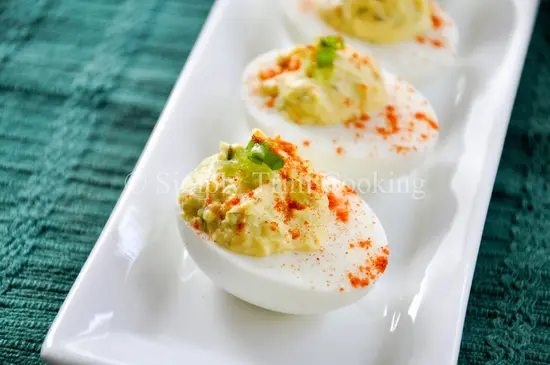
Suggested recipes:
4. Cocoa and Dark Chocolate
The flavanol antioxidant in cocoa powder has shown to help maintain a “healthy brain throughout several life stages” and improve learning and memory[1].
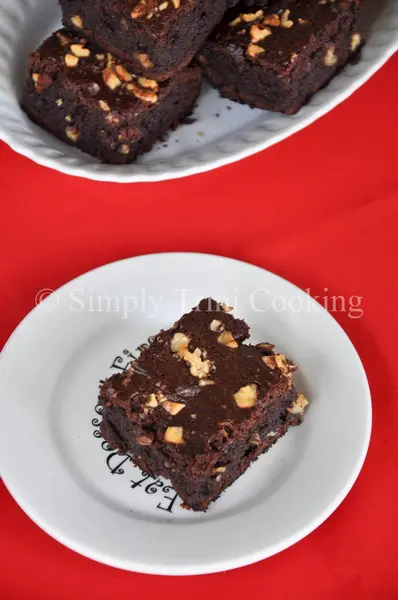
Suggest recipes:
5. Broccoli
The chemical, sulforaphane, in broccoli vegetable encourage the production of enzymes which protect the blood vessels and promote blood flow to the cerebrum.
Suggested recipes:
6. Tomatoes
The phytonutrient lycopene, antioxidant properties, found in tomatoes is the highest among all vegetables. and help the brain function well. This antioxidant is essential for boosting intellectual power.

Suggested recipes:
7. Beans
Beans provide the steady stream of energy while providing an amazing amount of nutrients, such as folate, fiber, magnesium, iron, anthocyanins and quercetin. This combination of nutrients protects the brain so it can maintain optimum mental health.

Suggested recipes:
8. Dates, Raisins and Prunes
Dates, raisins and prunes contain the trace element Boron which has the ability to enhance memory and brain function.
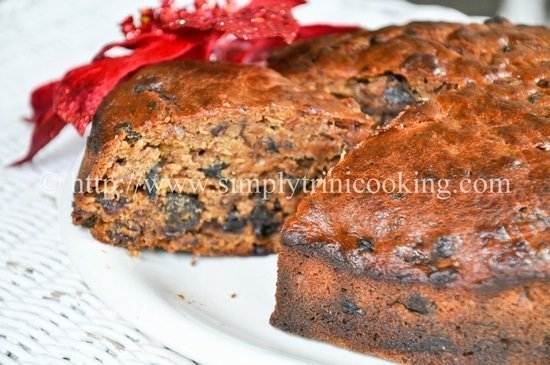
Suggested recipe:
9. Dark skinned vegetables
Dark-skinned vegetables such as red onion and beets have the highest levels of naturally occurring antioxidants.
Suggested recipe: Red salad
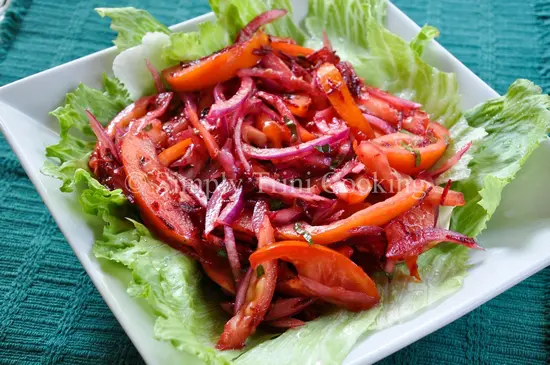
10. Nuts
Certain nuts such as almonds, pecans and walnuts are high in vitamin E, an antioxidant, which helps in protecting the cell walls and and slows the progression memory loss.
Suggest recipes:
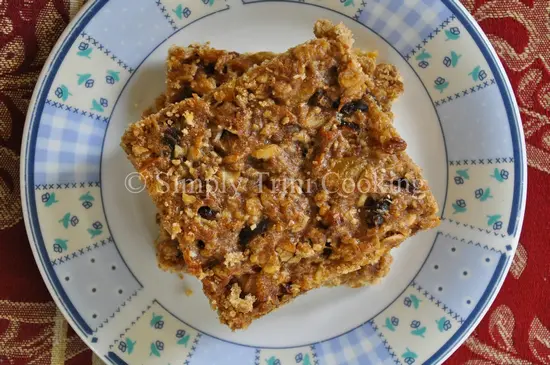
More on Brain Foods
There are a number of supplements that can affect the brain, such as vitamin E, C, A, and the B vitamins. Another common supplement is ginkgo, a good brain-specific nutrient. Another is DMAE, dimethylaminoethynol, a naturally occurring b vitamin, can help enhance memory.
However, one should not forget the wonderful benefits of exercise which helps increase the blood circulation to the cerebrum, bringing more oxygen to the brain and increasing the production of brain chemicals that are needed for information processing. Many physicians indicate that mental stimulation and stress management are excellent ways to also improve intellectual rain processing, concentration, and relaxation. Also, a good night sleep can help recharge [2] the body.
References:
- Bayard V, Chamorro F, Motta J, Hollenberg NK. Does Flavanol Intake Influence Mortality from Nitric Oxide-Dependent Processes? Ischemic Heart Disease, Stroke, Diabetes Mellitus, and Cancer in Panama. Int J Med Sci 2007; 4(1):53-58. doi:10.7150/ijms.4.53. Available from http://www.medsci.org/v04p0053.htm
- For Women Only. Gary Null, 2002, Seven Stories Press
- The Food-Mood-Body Connection. Garry Null. Seven Stories Press, New York. 1995.
- Your brain on food: how chemicals control your thoughts and feelings. Gary L. Wenk. Oxford University Press. 2010. New York
We would like to hear from you? Leave your comments about this article on brain foods in the comment box below.


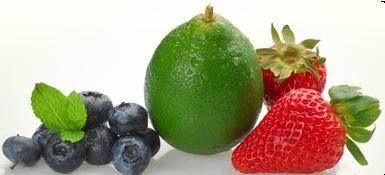
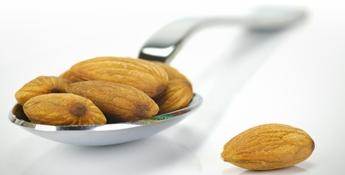
Hello
I like your post. your way of writing is unique.
keep it up!
Best Wishes
Thank you Sidra. Regards.